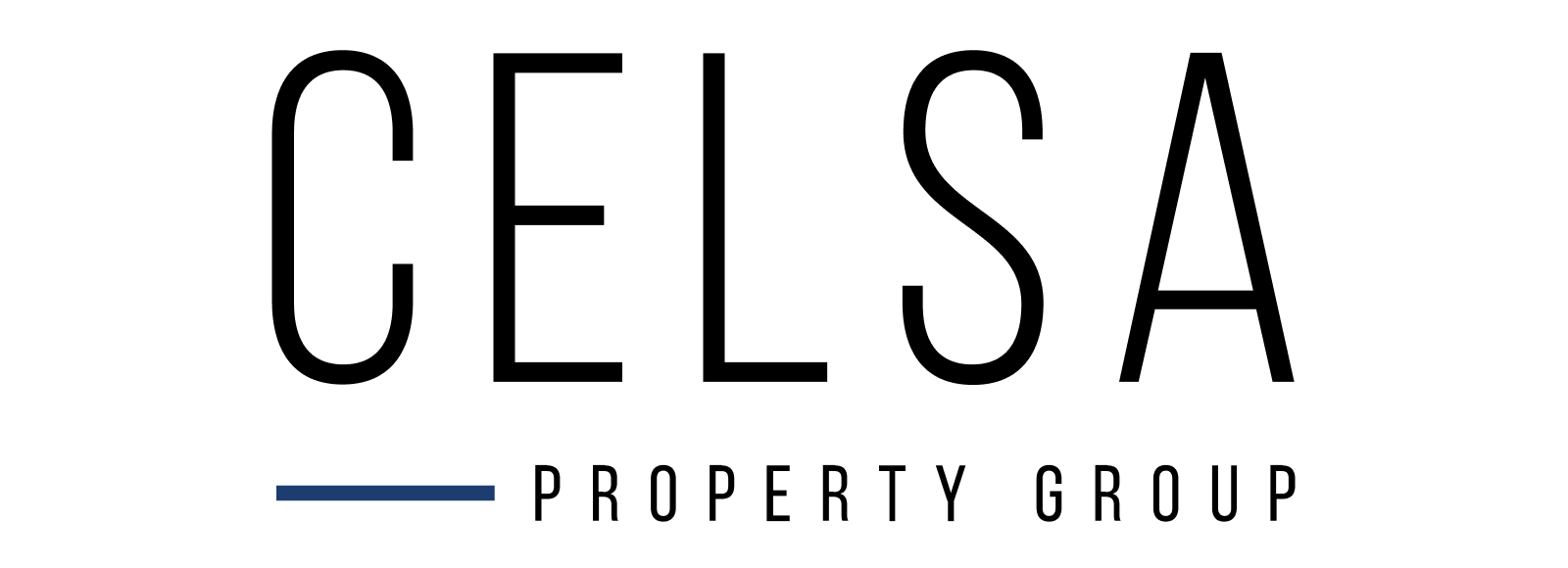Investing in Property Top Of the List for South Africans
The total value of sales in the South African housing market has been steadily increasing, with an 8.3% increase in the value of residential property transactions from 2014 to 2105.
De Kock says although the money supply of asset-buying consumers is lessening, property investment remains a top priority for many South Africans,
This is despite gross domestic product (GDP) growth remaining very low, new vehicle sales plummeting, and an increasingly aggressive upward interest rate cycle.
This is according to Paul-Roux de Kock, analytics director for Lightstone, who says 50% of residential properties are located in the Western Cape and Gauteng, accounting for more than two-thirds of the total residential market value.
Sandton and Parkmore in Johannesburg, Green Point andRondebosch in Cape Town, and Rua Vista and Monument Park in Tshwane - as well as La Lucia and Mount Edgecombe in KwaZulu-Natal, were among the high-value suburbs with strong capital growth last year.
De Kock says although the money supply of asset-buying consumers is lessening, property investment remains a top priority for many South Africans, with the City of Cape Town witnessing spirited growth in the housing market over the last five years.
De Kock was addressing this year’s annual Overview of the South African Property Industry conference that took place today at Val de Vie Estate outside Paarl in the Western Cape.
The Western Cape is the location of over 17.5% of the 6.2 million residential properties in South Africa, and lays claim to just over a quarter - 25.4%, of the R4.3 trillion total value of the housing market.
The City of Cape Town’s residential property market witnessed an increase of 12.3% in total value transacting from 2015 to 2016 - 45.8% of 700 000 properties are mortgaged, which in rand value sits at just over R450 billion of the council’s total housing market.
Paarl property lawyer and speaker at the conference, Stefan van Niekerk from Minitzers Attorneys, said in 2004, in the larger suburbs of Paarl, 900 properties were sold at an average price of R750 000. Ten years later, in the same suburbs, 706 properties were sold at an average of R1.85 million.
While housing markets in Johannesburg remain stable, Cape Town is showing much stronger growth than all other metros. This is supported partly by Gauteng homeowners increasingly choosing the Western Cape, and KwaZulu-Natal, where the eThekwini market is similarly stable, when buying outside their province, with the intention to eventually relocate.
“We’ve witnessed a steady increase in ‘semigration’ over the last five years,” says De Kock.
He says estate living, much along the lines of what is offered at Val de Vie Estate, is fast becoming a preference, largely because of the associated security and lifestyle-convenience aspects.
“In addition, although luxury market buyers are under pressure, the estate housing market in general doesn’t dip as low or peak as high as the rest of the luxury market. We therefore expect it to outperform the luxury market during the current downturn.”
De Kock says estates own a 5% slice of the overall housing market supply, but carve out a staggering 15% share in total property-market value, with more than half of estate properties being bonded.
“Total value locked up in estates is now close to the total value of all residential properties in the City of Johannesburg, for instance.”
Over 50% of estates - which include golf, equestrian and polo, coastal, lifestyle, country and wildlife estates - are located in Gauteng, and a further 25% in the Western Cape. The average price of an estate home is R2 million, almost three times the national average of R700 000 for a home.
Van Niekerk says the total value of properties sold in Paarl over the last 15 years is roughly R10 billion. Half of that was through three lifestyle estates, two of which were Val de Vie and Pearl Valley Golf and Country Estate.
Val de Vie Estate illustrates the increasing demand for secure estate living, having sold in excess of R700 million in developers’ properties over the past 18 months, and in excess of R330 million in resales. Its recent acquisition of neighbouring Pearl Valley Golf and Country Estate is a further example of the robust condition of the estate market.
The Pearl Valley acquisition will enable the newly formed Val de Vie super-estate to capture a greater slice of the Johannesburg dweller pie, by further developing Pearl Valley’s showpiece offering its Jack Nicklaus Signature Golf Course. The course was ranked Best Conditioned Golf Course in the Western Cape by Golf Digest magazine for five consecutive years, and awarded the Compleat Golfer’s Five Star Experience Award for six.
Pearl Valley itself has won a number of property awards, including Best Residential Estate in South Africa by New World Wealth last year.
Martin Venter, founder/CEO of Val de Vie, says as figures suggest, investing in an estate home is definitely the safer bet during a downturn.
“Gauteng homeowners are choosing an estate lifestyle largely because of the security aspect, and a stronger investment yield,” he says.
“They also want a lifestyle that caters to their pastimes and interests, such as golfing. The Pearl Valley acquisition will allow us to capitalise on this, and provide the ultimate in secure luxury living.”
Lightstone’s forecast for 2016 is that nominal house price inflation will top out at around 3.5%, resulting in real deflation of home values as the Reserve Bank battles to keep the consumer price index (CPI) within the 6% upper band.
“If we see a positive turnaround in the economy, the best case scenario is that the drop will be subdued and the year will end off at around 4.6%. If we have to weather any more major economic storms, however, house-price growth could drop to 2.5% or even lower,” says De Kock.
